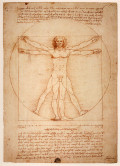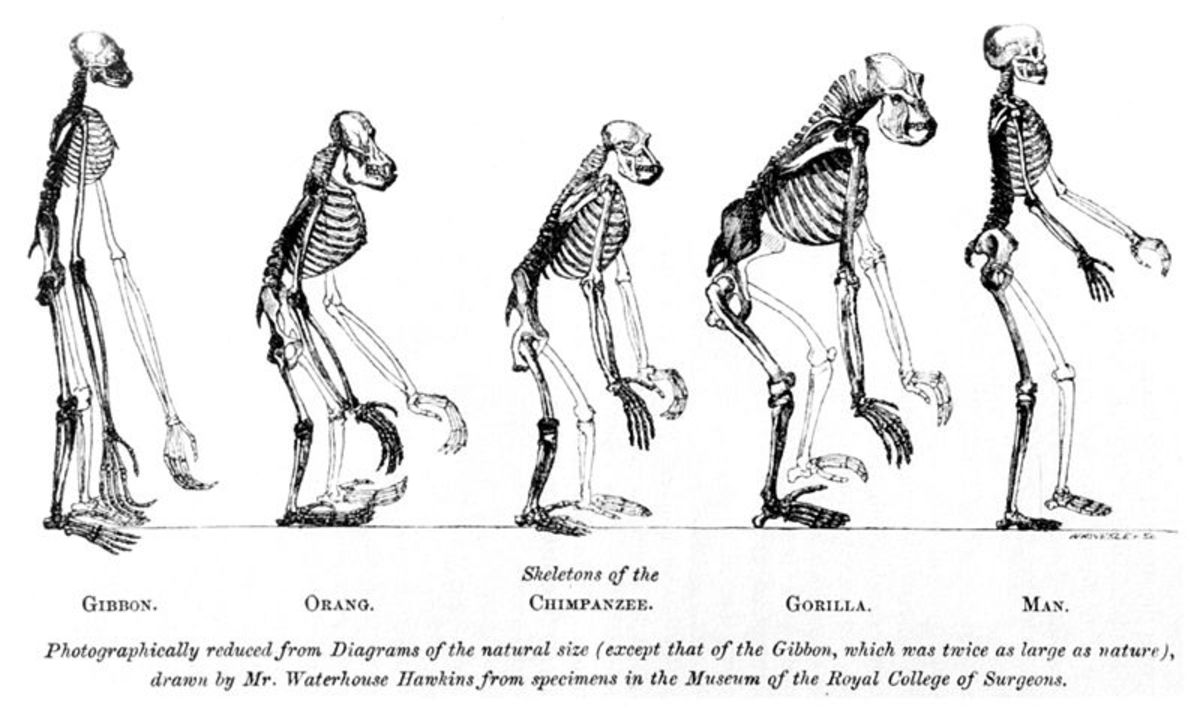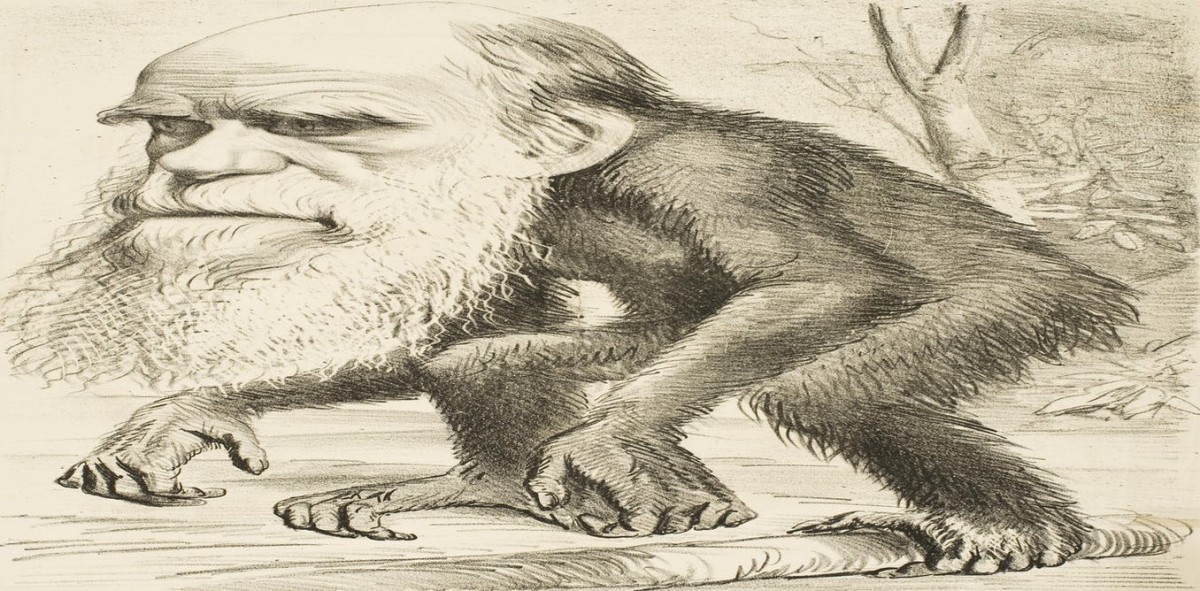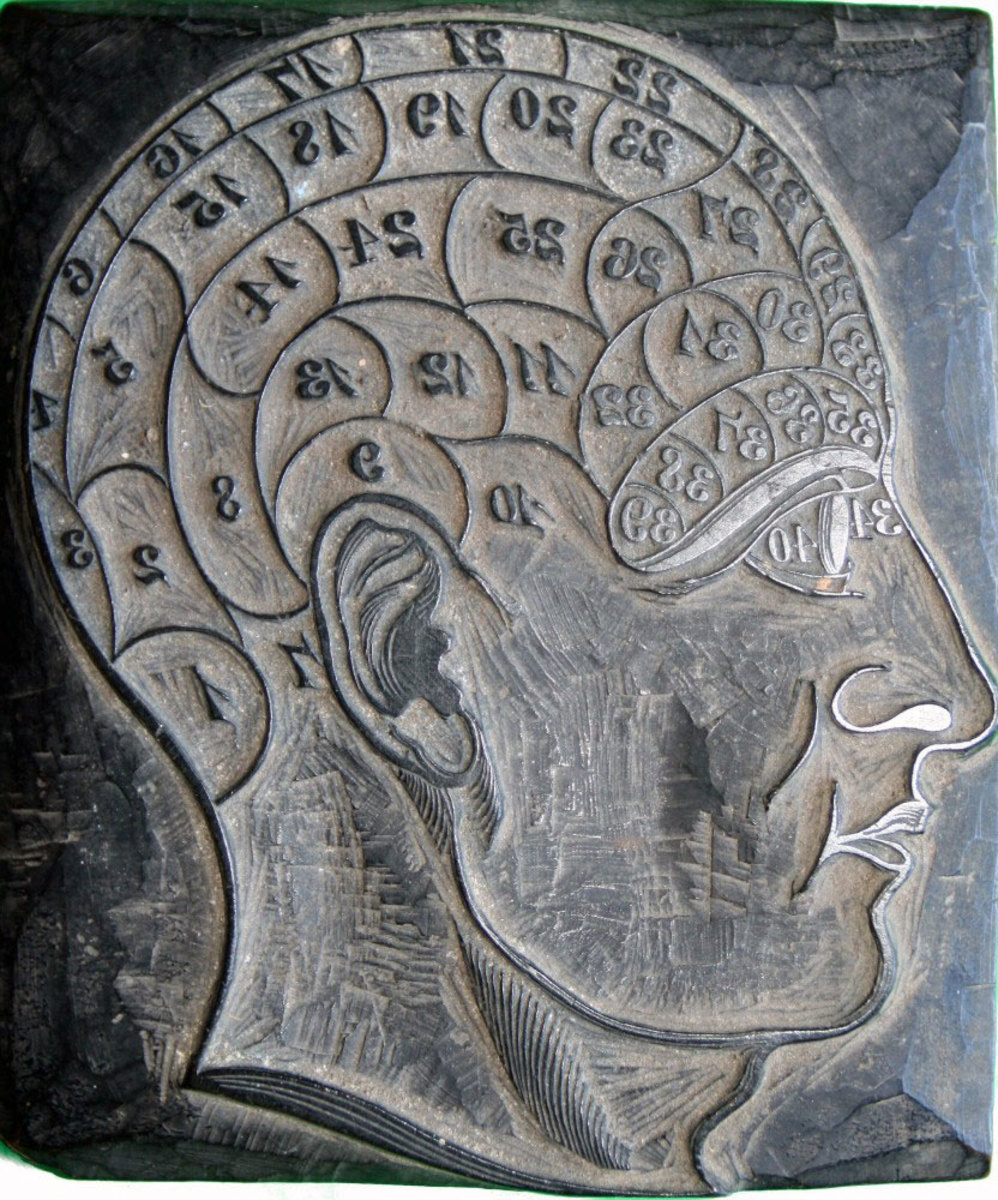Knowledge, evolution, facts and fictions
The reason in things
“I set my mind to inquire and search for the reason in things...” - Ecclesiastes 7: 25 (New English Bible translation, 1970).
We humans are ever restless, ever searching, ever digging for knowledge in the hope of finding “the truth”, or at least the answer to today's problem, whatever that might be. Other animals might “know” stuff, might even be aware that they know, but it is humans who question their knowing, who continually ask the further questions about how and why and what for?
So when we look at the night sky, for example, we enjoy the beauty of the stars, but we go on, like the Psalmist, to ask ourselves more, ask ourselves something about how we fit into this universe, however we might conceive it.
“When I look up at the heavens, the work of thy fingers
the moon and the stars set in their places by thee, what is man that thou shouldst remember him,
mortal man that thou shouldst care for him?
Yet thou hast made him little less than a god,
crowning him with glory and honour.”
- Psalm 8 (New English Bible translation, 1970)
These lines by the Psalmist, whoever he was, seem to capture something of the the ambivalent responses of religious teaching to the place of humanity in nature, in a similar way that the careers of two deeply contrasting figures in Renaissance Florence do. These differences echo down the centuries and still have power to evoke strong and competing feelings among believers and non-believers alike.
The contrast and conflict is around knowledge – what do we know as humans, and how can we be sure of our knowledge? And how do we speak about what we know, what is the most appropriate language in which to express our knowledge?
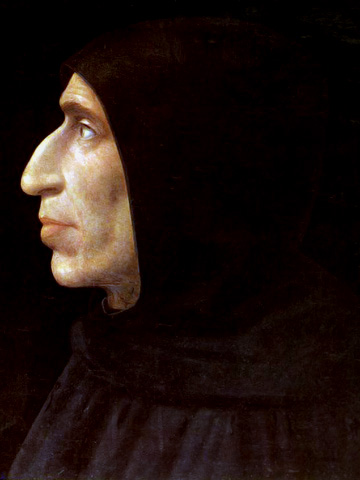
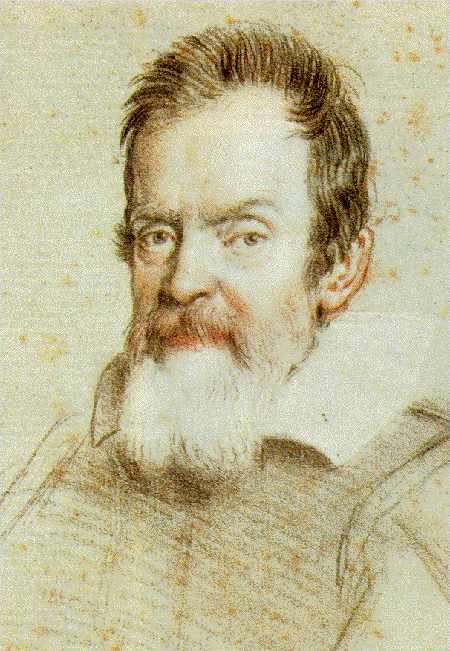
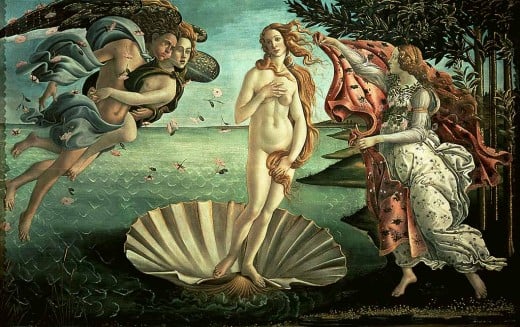
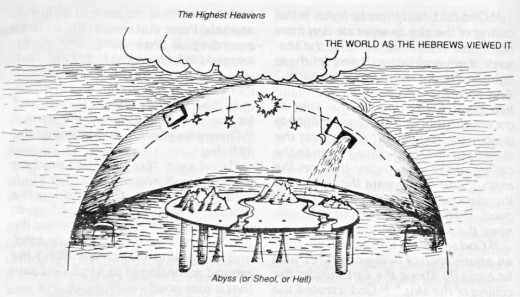
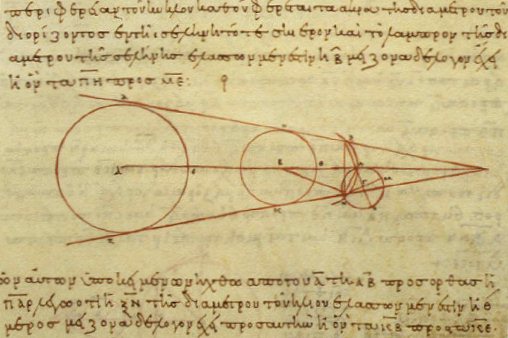
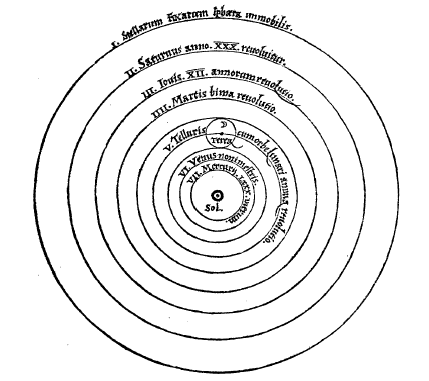
Savonarola and Galileo
This conflict about knowledge is at the base of the continuing and rather fruitless debate between creationism and evolution. It is a conflict of language, essentially a conflict of metaphors not morality, a difference of the language used to speak about what we know.
Renaissance Florence was the site of one of the earliest expressions of this conflict in relatively modern times, epitomised by the figures of Dominican priest Girolamo Savonarola and scientist Galileo Galilei, and their respective fates at the hands of the dominant cultural force of their times, the Roman Catholic Church.
Savonarola, born in Ferrara in 1452, came to Florence for the first time in 1482 and again, after an absence of several years, in 1490, at which time he began to preach highly-charged sermons against what he saw as the excesses of the Renaissance, the great opulence of the wealthy who spent lavishly on art to enhance their own glory at a time when many in Italy were struggling against extreme poverty. He also preached against the corruption of many of the clergy.
The fervour of his preaching, his apocalyptic vision, led to denunciations of “decadent” art as well as homosexuality, making it a capital offence in previously more liberal Florence. By 1497 Savonarola was organising the “Bonfire of the the Vanities” - public burnings of books and art works that he believed were immoral, as well as mirrors, women's hats, musical instruments, chess pieces and more.
Eventually the Church authorities tired of his attacks and hauled him before a commission on charges of heresy. He was tortured and sentenced to death. On 24 May 1498 he was burned at the stake along with two of his colleague priests.
Galileo, who according to Stephen Hawking, “perhaps more than any other single person, was responsible for the birth of modern science," was born in Pisa in the Duchy of Florence in 1564. The family relocated to Florence about two years later.
In 1610 Galileo made an observation, using a telescope he had made himself, of four bodies around the planet Jupiter, an observation that was to overthrow the geocentric model of the universe that had held sway in science and philosophy for millennia. The four bodies seen by Galileo were the moons of Jupiter, now called Io, Ganymede, Callisto and Europa.
Galileo was in fact not the first to propose a heliocentric model – the Greek philosopher Aristarchus of Samos had proposed a similar one in the Second Century BCE, and nearer to his own time Copernicus also proposed such a model. The difference between these earlier models and that of Galileo is that his was based on direct observation and not deduced from a mathematical hypothesis.
In his writings Galileo strongly supported Copernicus's model and was denounced by the Church authorities who based their rejection of Galileo's position on Biblical texts such as 1 Chronicles 16: 30 which states : “He (God) has fixed the earth firm, immovable,” and Ecclesiastes 1: 5: “The sun rises and the sun goes down; back it returns to its place and rises there again.”
It was deemed heresy to suggest that the earth was not the immovable centre of the universe around which all the other heavenly bodies rotated. Galileo first came under attack for his views in 1614 when Fr Tommaso Caccini OP preached a sermon in Florence denouncing the heliocentric view.
At first the Church authorities allowed heliocentrism to be taught as a hypothesis, though not as the truth, but by early 1615 the Inquisition, in the person of Cardinal Robert Bellarmine had been drawn into the controversy. Bellarmine wrote in a letter that to teach that heliocentrism was “physically real” would be "a very dangerous thing, likely not only to irritate all scholastic philosophers and theologians, but also to harm the Holy Faith by rendering Holy Scripture as false."
In 1632 Galileo published the Dialogue Concerning the Two Chief World Systems , in which a plodding supporter of a geocentric view is wittily outsmarted by a supporter of the heliocentric position. The book was highly popular with the people, but it aroused grave suspicion on the part of many powerful churchmen.
Galileo was hauled before a panel of influential theologians who found him guilty of heresy. He was sentenced to house arrest in spite of having agreed, in the face of burning at the stake, to recant his views on heliocentrism.
The legend that he muttered “Eppur si muove” (“and yet it moves”) as he left the trial venue is rejected by most historians as just that, a legend.
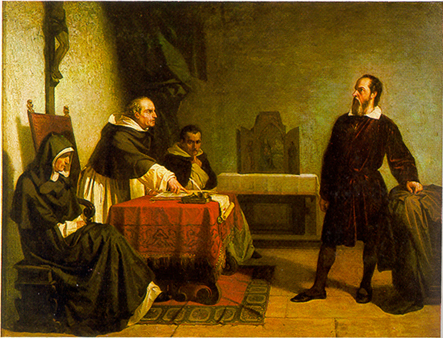
Two ways of knowing
“The history of scientific ideas, like the history of other ideas, is a moving army of metaphors - some more general than others, but literalness is the enemy of scientific progress.” - Robert Young (1989)
What these two great figures of history and of Florence symbolise is the two ways we have have of knowing – the formal and the empirical.
Of these two ways of knowing only the former, formal knowledge, is capable of incontrovertible proof. Formal knowledge is that kind of knowledge which is defined by the “rules of the game”, as it were. We can prove that an aunt is female, because the rules of language tell us that a sister of my father or my mother is called an “aunt” - this is perhaps complicated by the fact that an “aunt” can become an “uncle” by means of an operation, but that does not change the “fact” that an “aunt” is female.
Similarly, the rules of the International Rugby Board (IRB) state that a “try” (the equivalent, I believe, of a “touchdown” in American Football) is worth five points in the game of football administered by the IRB. We can “prove” this value by turning to the relevant rule.
An implication of this is that the rules can be changed. Indeed, when I was a schoolboy the rules gave the value of a try as three points (reflected in the Afrikaans term for a try, which was “'n drie”, meaning literally “a three”). The IRB changed the point value of a try to five points in 1992, so now in Afrikaans a “three” is actually worth five!
The point is that the “fact” of the point value of a try is easily “proved” - just look it up in the rule book.
Empirical knowledge can never be proved in the same way – there is no book of rules to turn to, only the evidence provided by empirical observation. Every observer is likely to see things from his or her point of view, and so variations of observations are possible.
The Scientific Method has developed over centuries to provide rules for observation which reduce the impact of the point of view of the observer. This means that empirical knowledge can be shown to be “reliable” when the observation as carried out under the rules by another person has pretty much the same result.
If the observation is carried out in terms of a theory, and tends to confirm the theory, it is said to “support” the theory, not to “prove” it. For example, the theory of gravity is a theory which attempts to explain the observation that, at least on planet Earth, an object will “fall” until it comes to rest where it can fall no further, and further, that bodies or particles are attracted to one another, dependent on their respective masses. The theory is used to explain the orbits of planets around the sun, but it cannot be “proved” but observations can be made which support it as an explanatory theory.
The theory of gravitation was first formalised by Sir Isaac Newton in 1687: “I deduced that the forces which keep the planets in their orbs must [be] reciprocally as the squares of their distances from the centers about which they revolve: and thereby compared the force requisite to keep the Moon in her Orb with the force of gravity at the surface of the Earth; and found them answer pretty nearly.”
General relativity has already surpassed or superseded gravity as an explanatory theory. Which does not reduce the pain of falling off a ladder!
A definition of evolution
(Evolution is) "The theory the existing varieties of plant and animal, so far from having existed more or less unmodified from the beginning of biological time, have come into being through a progressive diversification that has accompanied their biogenetic descent from their anscestors." - from The Fontana Dictionary of Modern Thought, edited by Allan Bullock and Oliver Stallybrass (Fontana, 1977).
Evolution is a fact
Get over it! Evolution is a fact. By this I mean simply that all living things, ourselves included, are in a process of evolution. This theory has been supported by countless observations using the rules of the Scientific Method, over the century and a half since Charles Darwin first published his masterpiece On the Origin of Species in 1859.
Evolution cannot be "proved" in the same way as the points value of a try in IRB rugby football can be "proved" or that an aunt must be female. It is also not relevant demand to demand such "proof" from the theory.
Evolution has been described by those who, for whatever reasons they might have, oppose it, as a “hoax”, as “just a theory”, as a “lie”. It has even been described as a religion.
Much of this is due to misunderstanding of the terms used in the debate, especially the terms “theory”, “fact” and “proof”. As one who is not a scientist I want to try to unravel these terms and thereby, I hope, to contribute to a deeper understanding of what constitutes human knowledge, and why such an understanding is necessary.
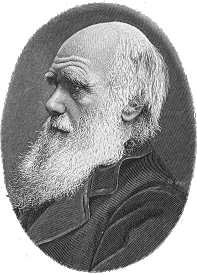
Darwin on "Natural Selecction"
'Several writers have misapprehended or objected to the term Natural Selection. Some have even imagined that natural selection induces variability, whereas it implies only the preservation of such variations as arise and are beneficial to the being under its conditions of life. No one objects to agriculturists speaking of the potent effects of man's selection; and in this case the individual differences given by nature, which man for some object selects, must of necessity first occur. Others have objected that the term selection implies conscious choice in the animals which become modified; and it has even been urged that, as plants have no volition, natural selection is not applicable to them! In the literal sense of the word, no doubt, natural selection is a false term; but who ever objected to chemists speaking of the elective affinities of the various elements? - and yet an acid cannot strictly be said to elect the base with which it in preference combines. It has been said that I speak of natural selection as an active power or Deity; but who objects to an author speaking of the attraction of gravity as ruling the movements of the planets? Every one knows what is meant and is implied by such metaphorical expressions; and they are almost necessary for brevity. So again it is difficult to avoid personifying the word Nature; but I mean by Nature, only the aggregate action and product of many natural laws, and by laws the sequence of events as ascertained by us. With a little familiarity such superficial objections will be forgotten' (Darwin, 1895, On the Origin of Species ,pp. 58-9).
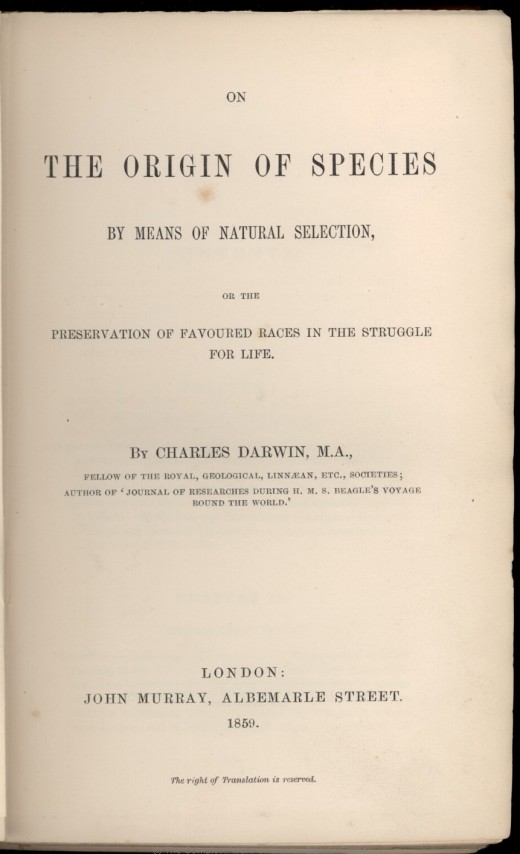
Theory
To start the investigation with the word “theory” a good beginning is, as with most such attempts at understanding, to look up the word in a reputable dictionary. Dictionaries can give us something to work, something to start with. For example, the Concise Oxford English Dictionary (COED) gives this definition of “theory”: “A supposition or a system of ideas intended to explain something, especially one based on general principles independent of the thing to be explained.”
Webster (1976), on the other hand, gives a more detailed set of options, of which number 4 is perhaps most relevant to this enquiry: “A judgment, conception, proposition, or formula (as relating to the nature, action, cause of origin of a phenomenon or group of phenomena) formed by speculation or deduction or by abstraction or generalisation from facts.” or “a hypothetical entity or structure explaining or relating an observed set of facts.”
The purpose of theory is to explain, to elucidate, to give structure to, the myriad observations made in the course of our search for knowledge. The more a theory is able to explain, the more it is supported by observations, the more powerful it is.
On the basis of these criteria evolution is a very powerful theory indeed. Can the same be said for creationism or its thinly-disguised successor, Intelligent Design (ID)? Well, only if one accepts the “Book of Rules” on which they are based.
Creationism and ID are predicated on the “truth” of the creation account found in the Book of Genesis, which means that they are cases of formal knowledge, much like the formal knowledge we have of the points value of a try in rugby football. The IRB rules tell us that a try is worth five points and we cannot say that is untrue because the rules of American football say that a touchdown is worth six points. One cannot argue against the decision of a referee in rugby by using the rule book of soccer.
Formal knowledge relies on “rules of the game”, empirical knowledge relies on observations explained by theories. The attempt to invalidate the theory of evolution by means of an appeal to the Bible is therefore logically unsound and based on a misapprehension of the purposes of the two forms of knowledge.
To state it again, has the theory of evolution been proved? No, it has not, and it does not require proof. It is validated by the countless scientific observations which support it.
Theories, as we have already seen in the case of the theory of gravitation, tend to be modified over time as more and more observations are made and new information comes to light. The theory of evolution has, in the time since Darwin, already been modified many times. This does not in any way invalidate it as a theory of great explanatory value. The basic premise of the theory, that living things evolve in the process of adaptation to environmental factors, remains “true”, that is, “reliable”.
Facts
My friend the COED gives the following definition of a “fact”: “a thing that is indisputably the case.”
That is why in science empirical observations are seldom termed “facts” - they are almost always open to interpretation, and there is always the possibility that new, more accurate observations might show something different.
The built-rules of verification in the Scientific Method help to reduce the possibility of error and bias, but can never completely do away with them. The more times an observation is made by different researchers, the more “reliable” the observation is deemed to be.
Proof
Here again the COED gives some useful information: a proof is “evidence establishing a fact or the truth of a statement.”
In the Scientific Method the issue is not so much proof as reliability. The reliability of an observation is given by the way the observation is done. If it is done in such a way that another person doing the observation under the same conditions in the same way would achieve the same result, then the observation is deemed to be reliable.
In formal knowledge the proof is relatively easy – check the rules! The rules clearly establish the fact that a try is worth five points, or that God created the world in six days and rested on the seventh.
The problem is that many want to judge evolution using rules that come from another game. They want to apply the formal knowledge process to the empirical knowledge process. That's like trying to play chess with the rules of tiddley-winks, and, when it doesn't work, declaring that chess is therefore invalid, a hoax, a lie, and so on.
And we are back to the situation Galileo found himself in – he could see the evidence that the world went around the sun, an observation which validated Copernicus's theory, but that was against the rules which stated that God had placed the earth in the centre and he had to bow down to that “truth” or be burnt at the stake. Tough decision.
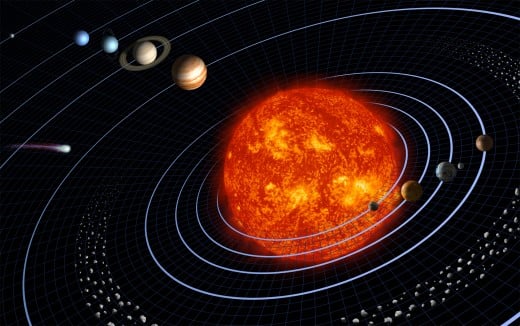
Evolution
"It is naive to suppose that the acceptance of evolution theory depends upon the evidence of a number of so-called 'proofs'; it depends rather upon the fact that the evolutionary theory permeates and supports every branch of biological science, much as the notion of the roundness of the earth underlies all geodesy and all cosmological theories on which the shape of the earth has a bearing. Thus anti-evolutionism is of the same stature as flat-earthism." - from the Fontana Dictionary of Modern Thought, edited by Allan Bullock and Oliver Stallybrass (Fontana, 1977).
Discussion
Why is all this so important and why do so many on both sides of the argument get so heated about it?
The issue is the same as the one faced by Galileo - to advance our understanding of ourselves and the world around us we need more and more reliable information. Since the Age of Enlightenment this has been achieved chiefly through the application of the Scientific Method.
On the other hand there are those who, for whatever reasons, seem to have a vested interest in maintaining the truth of a set of rules for which they claim a "higher" truth. This "truth" can never be validated except by an appeal to the relevant rules and where these rules seem to contradict what is being uncovered by science, then a moral judgement is passed on science.
While burnings at the stake do not happen very frequently any more, there are other forms of punishment meted out to those who dare to go against the "higher truth" of the "revealed Word of God". They are called "liars" and other nasty things.
But more importantly the application of irrelevant rules to the search for knowledge tends to hold us back, indeed can turn us back to the Dark Ages where the only permissable knowledge was that decreed by the authorities.
This sort of "know-nothing" attitude would have us call into question our own powers of observation, our own independence of thought. And to whose benefit would that be?
This is a crucial question because it might give us some clues as to why people are so virulently opposed to the advance of knowledge. I'm not sure but I would guess that there are issues of power involved.
In an essay entitled "Literature and meaning in life"in the book Meaning in Life (edited by Michael Macnamara, Ad Donker, 1987) Professor of English Ridley Beeton from the University of South Africa wrote:
"Man has, in many ways, been misled by an anthropomorphic sense of primacy. Those who have seen the continual improvements within the race or society certaihnly have not held this idea of an anthropomorphic perfection: it would make the world, man, God - or a Primal Cause - all too little. Improvement, idealism, has in its way been the road of meaning; the settled state of perfection has not. Even those who are held by a strongly orthodox religion knowe that the perfection of the earth lies in its imperfection, and that 'God' is much more than the image maker of man." (Italics in the original)
Perhaps it is the threat to the "anthropomorphic sense of primacy" - the belief in the "special creation" of humanity that is the cause of the highly emotional opposition to evolution. But by the same token, that very opposition reduces man to the vassal of some supernatural being or force, at the mercy of instead of in control of, his or her own destiny.
We need to be able to separate formal knowledge from empirical knowledge and not try to maintain the fiction that texts written thousands of years ago can tell us more reliably about our world and ourselves than the findings of the Scientific Method.
Copyright Notice
The text and all images on this page, unless otherwise indicated, are by Tony McGregor who hereby asserts his copyright on the material. Should you wish to use any of the text or images feel free to do so with proper attribution and, if possible, a link back to this page. Thank you.
© Tony McGregor 2010





